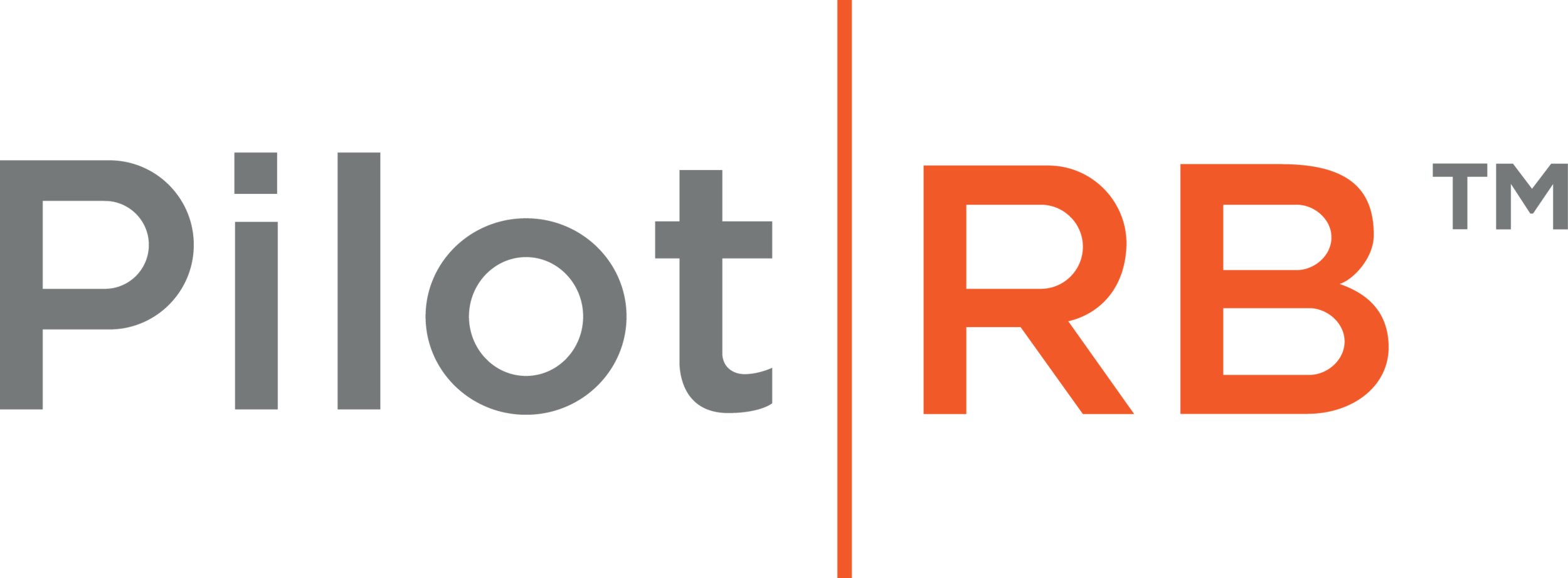Year End COVID-19 Relief and EEOC Guidance
As the end of 2020 is only days away, the EEOC has issued guidance addressing the COVID-19 vaccine while Congress has reached a deal on a final COVID-19 stimulus package to close out the year. The Consolidated Appropriations Act of 2021 was signed into law on Sunday, December 27.
EEOC Guidance
In their December 16th guidance, the EEOC states that employers are lawfully permitted to require employees to be vaccinated with a COVID-19 vaccine before they may return to their physical worksites. When necessary, employers will have to make accommodations for employees with medical restrictions (and potentially, with disabilities protected under the ADA) or religious objections, who do not wish to receive the vaccine.
When it comes to requesting that employees show documentation of their vaccination, employers should be cautious not to make a prohibited disability-related inquiry under the ADA. For example, in their Law and workplace blog, Proskauer Rose notes that:
“The EEOC’s guidance also makes clear that merely asking an employee to provide proof of a COVID-19 vaccination does not amount to a prohibited disability-related inquiry. Nevertheless, employers seeking proof of vaccination should consider affirmatively advising employees not to provide any medical information on such documentation.”
Under Interim guidance from CMS, HHS and the IRS implementing portions of the CARES Act, testing will continue to be covered with no cost sharing for the duration of the public health emergency (which is ongoing at the time of this writing), and vaccines will be covered without cost share, with no expiration date*. The full text of the EEOC’s guidance can be viewed on their website.
Consolidated Appropriations Act
Paid Leave
The bill in its current state does not appear to include an extension for the 80 hours of paid sick leave, or the 12 weeks of paid child care leave, available under the FFCRA, which expires on the 31st. Under the bill as currently drafted, private, for profit employers can claim a federal tax credit for providing COVID-19 related leave (outside of state PFL/regular PTO) through 3/31/2021, however this is not mandatory. There is no additional COVID-19 related leave, meaning this provision is only applicable to employees who haven’t already taken 80 hours or 12 weeks of FFCRA leave.
FSA and DCA
Beginning on page 2,484, the bill addresses temporary rules for health and dependent care flexible spending arrangements. Accordingly, employers may choose to amend their plans and offer employees several forms of relief regarding unused flexible spending as well as dependent care account funds:
Plans may allow DCAs and FSAs balances to carry over unused benefits up to the full annual amount from 2020 to 2021, and 2021 to 2022.
Plans may adopt a 12 month grace period for unused benefits for both FSAs and DCAs for plan years ending in 2020 or 2021.
The maximum age of eligible dependents may increase (on a temporary basis) from “under 13” to “under 14” for DCAs.
Employers may allow prospective mid year election changes (for DCA and FSA elections) for plan years ending in 2021.
Surprise Billing and Transparency
Unrelated to the pandemic, the bill includes a prohibition on ‘surprise’ and 'balance billing’ in both the emergency and scheduled care contexts, which will become effective January 1, 2022. Among other details, this section requires that when certain services are provided by an out of network (OON) provider under certain circumstances (such as when an employee visits an in-network facility), and a dispute results in the amount of payment to be accepted by the OON provider, the dispute can be sent to a special arbitrator who will consider a ‘qualifying payment amount’ in resolving the dispute.
Additionally, brokers who provide services to a group health plan will be required to disclose all compensation (direct and indirect) from ‘brokerage services’ and consulting assistance. This disclosure must be made in writing, and delivered to the plan fiduciary (usually the employer) at some date prior to the effective date of the contract for services (or within 60 days of any change to the content of the disclosure).
The full text of the bill can be viewed on the house site here.
*The US Preventive Services task Force must rate the vaccines an ‘A’ or ‘B’, or the CDC must make a recommendation, for the vaccines to be considered preventive and be covered with no cost share. Provisions under the ACA require new preventive services be covered with no cost share within one year from the date of this rating/recommendation, but the CARES Act shortened this window to 15 days from such an event, with no expiration date.
